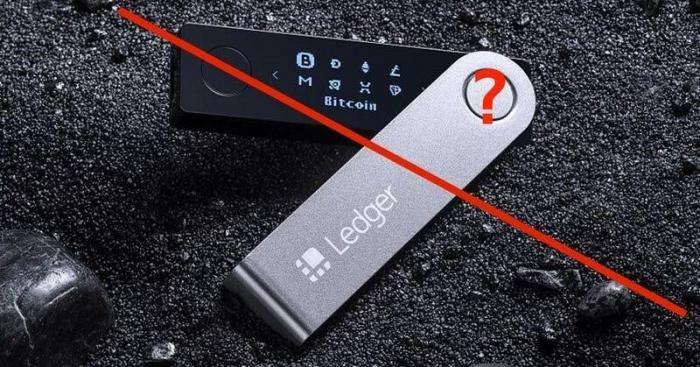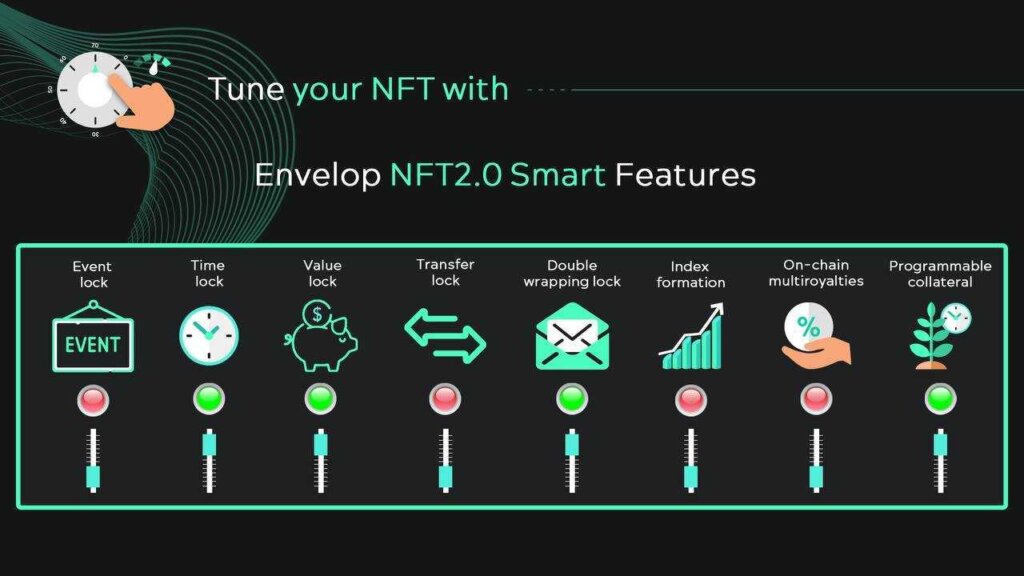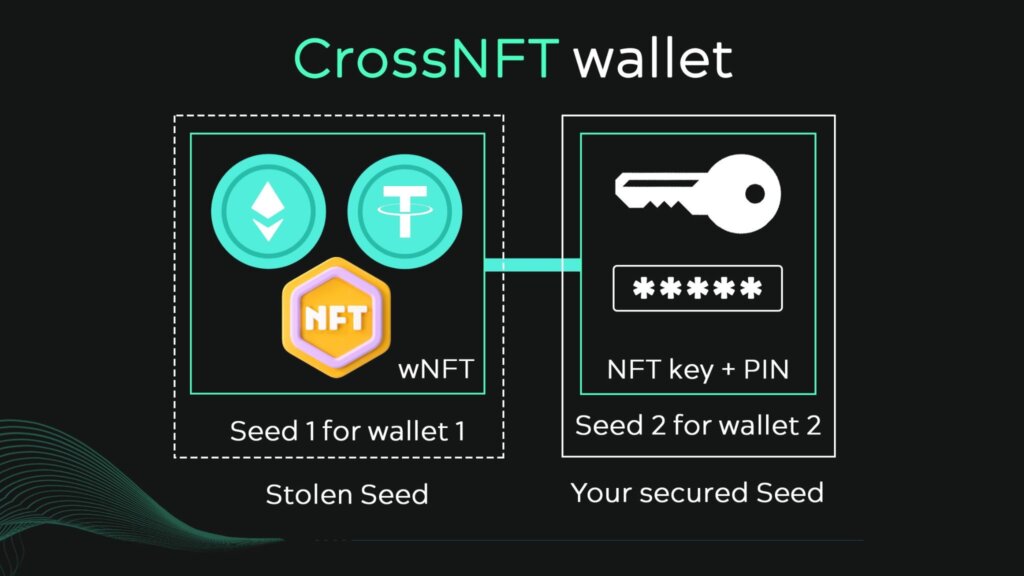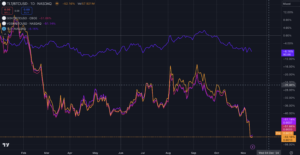
Disclaimer: This is a sponsored press release. Readers should conduct their own research prior to taking any actions related to the content mentioned in this article. Learn more ›
After the new key-recovery feature was announced by Ledger, the crypto community once again thought about the importance of holding. And today we are going to talk about a new approach to storing your coins, tokens and NFTs and the possibilities of enhancing trustless security.
But first, let’s remember what Ledger declared:
- Users are provided with a cloud service for alternative storage of the seed phrase. Although before they assured that the phrase never leaves the wallet.
- Ledger can always change the firmware so that the seed-phrase can “get out” of the wallet.
- Government agencies and other third parties can request data on those funds stored in this cloud service.
Not fun? That’s for sure. But DAO Envelop has a long-standing answer to that.
Envelop, a flexible cross-chain toolkit for extending the capabilities of any NFT.
In the current version of the protocol (ver.1), users can set up individual or combined features, including:
- Event-based locking
- Time-based locking
- Adding other coins, tokens or NFTs as collateral
- Creating updatable Soulbound tokens
- Setting up various royalty and multi-royalty options.

The process of adding new features they call wrapping, which results in a wNFT. Such an wNFT is often referred to as NFT2.0 and it remains fully compatible with ERC721 and ERC1155, providing seamless trading in any NFT marketplace.
How to store crypto safely when your seed phrase is stolen
Envelop offers to increase the security of your assets. You don’t just store your assets (coins, tokens, and NFTs) in a Metamask wallet, but store these assets wrapped in wNFTs. That is, you use just one Envelop feature and get a completely new solution
Here’s how it helps you if your seed phrase is found out.
- So, wrap all of your assets in wNFT here https://appv1.envelop.is/.
- Create an NFT key for this wNFT and store it securely (for example, it could be a paper wallet or another Metamask wallet).
- Create a PIN-code for the NFT key.
- Despite all precautions, your seed phrase leaked to an intruder.
- The attacker will be able to transfer wNFT with your assets and even trade on the OTC, but will not be able to access the assets.
- Only those who have the NFT-key and the PIN-code to it can get access to the assets.
- You notice that your wNFT has been transferred from your wallet.
- Go to https://appv1.envelop.is/crossings
- Burn the NFT key by entering the PIN-code
- You get all your assets in your uncompromised wallet.
You can find a step-by-step guide here.
This can be shown even more simply in the diagram.

CrossNFT wallet with zero-knowledge proof. Current and beyond state.
Disclaimer: This solution is currently in the MVP stage, and therefore not all of the functionality works. So first we’ll list the features that we have now. And what is planned to be realized later.
- Create a wrapped NFT wallet with collateral in the form of native coins, fungible (ERC-20/BEP-20/etc.) and non-fungible (NFT) tokens. Done.
- Create the NFT-key to this wNFT in a chain different from the collateral storage chain. Done.
- Create the NFT-key to this wNFT in the same chain. Planned.
- Specify the receiver when burning the NFT key, and that would make the process even more secure. Planned.
- Add multi-signatures. Planned.
- Add a zero-knowledge proof for collateral. Planned.
- Add a zero-knowledge proof for a link between wNFT and NFT. Planned.
- Decentralization of the Oracle wNFT and its link with the NFT-key. Planned.
- Multi-distribution several NFT keys to one wNFT; and several wNFTs to one NFT-key. Planned.
DAO Envelop invites cooperation from all interested in implementing this approach.




 Farside Investors
Farside Investors 







































































